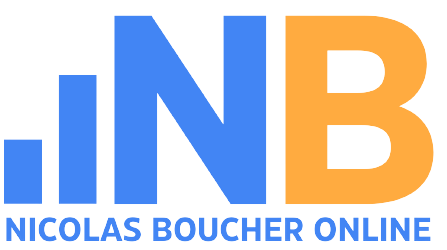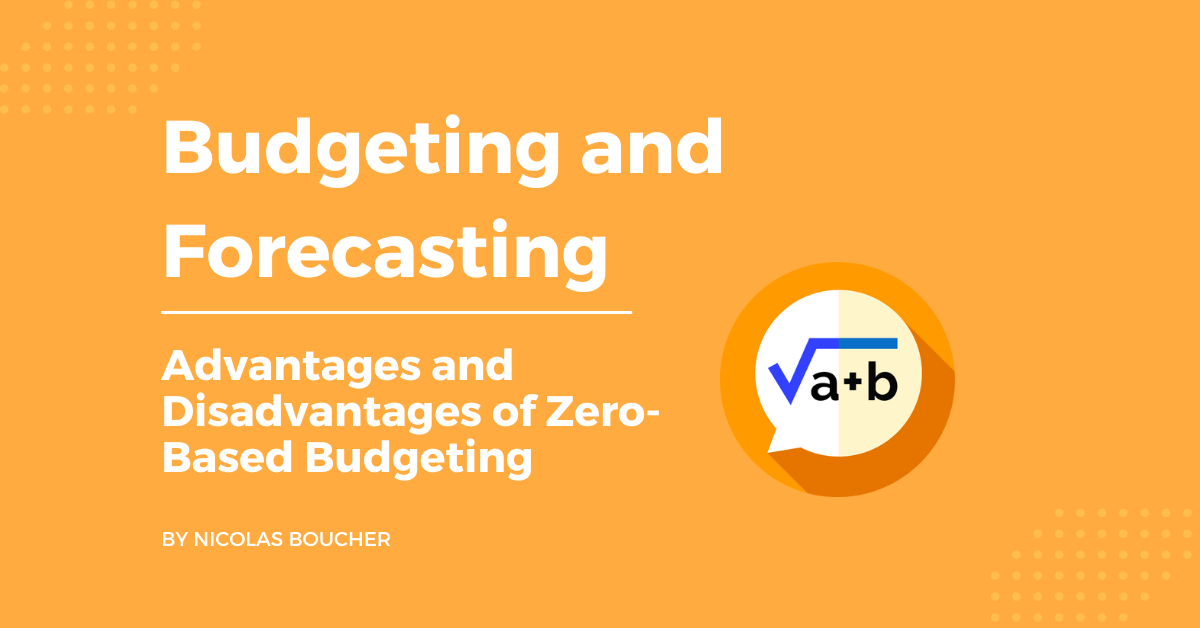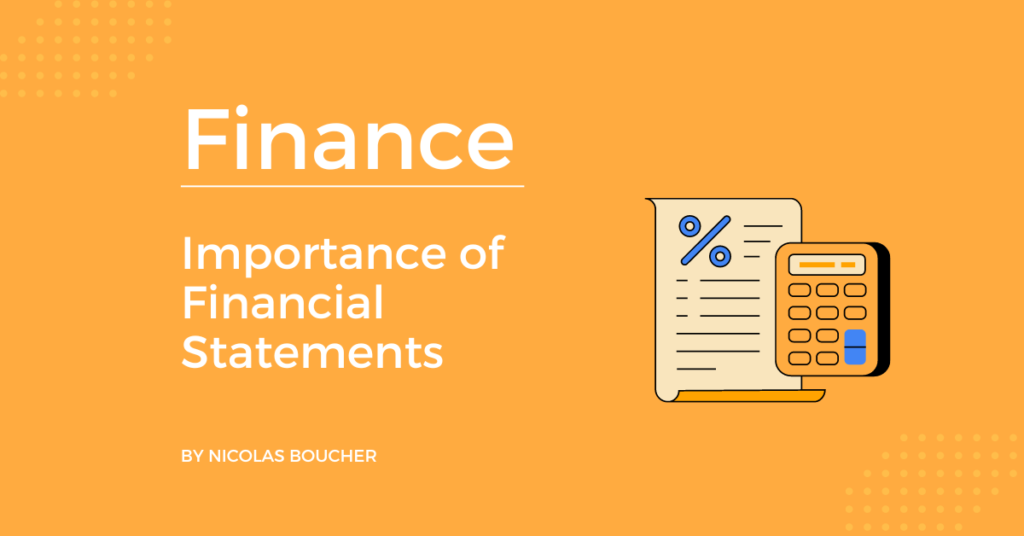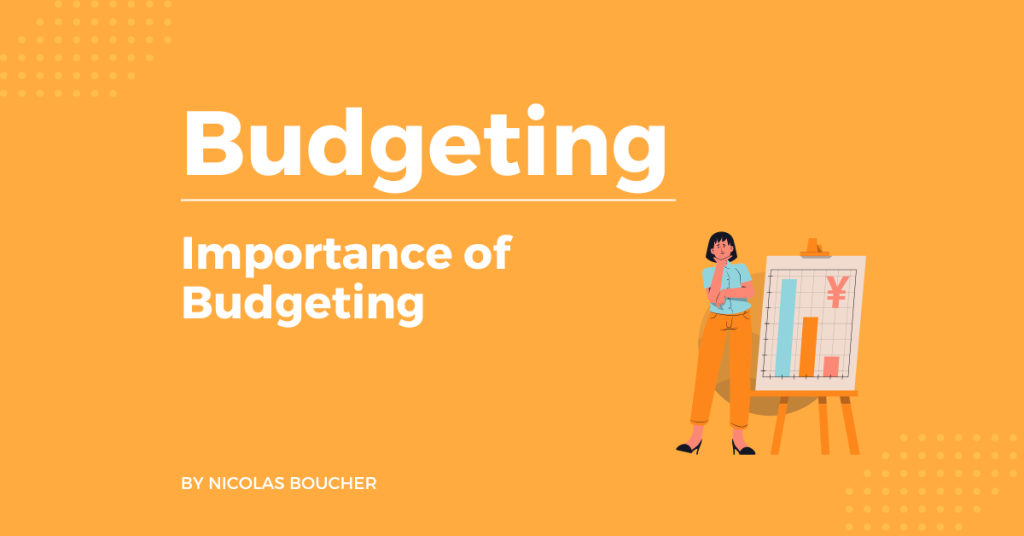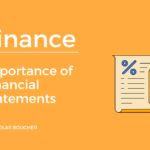Today we are going to analyze the advantages and disadvantages of the Zero-based budgeting (ZBB) technique. But first, we need to understand it. Zero-Based budgeting is a budgeting method in which you assign all of your money to expenses for requirements and wants, as well as long- and short-term savings and debt payments.
Beginning with a “zero foundation,” every function inside an organization is examined for its needs and expenditures as part of the zero-based budgeting process. Then, regardless of whether each budget is bigger or smaller than the previous one, the budgets are constructed around what will be required for the following term.
Table of Contents
How to Start A Zero-Based Budget?
Take the following actions to make sure you are actually budgeting your spending before using this budget:
#1: Consider your output objectives To determine how much resources you need to plan. Usually this is done using a workload planning based on a production plan. Consider the direct tasks only, add up the bare minimums indirect tasks.
#2: On a piece of paper, list the minimum external resources you need Look at the output you need to deliver this year, how many maintenance do you need, how many machines, how much consulting help do you need.
#3: What if analysis For each category of expenses, make a what if analysis. What if you don’t use it: do you still meet your output objective? Can you find a cheaper alternative? Note that it could also help defend the case to invest more if the more you spend, the better your output is expenses.
What Are The Advantages and Disadvantages of Zero-Based Budgeting in Finance?
Here are the advantages and disadvantages of the Zero-Based Budgeting technique.
Pros
- Alignment with strategic objectives. The clarity on what to prioritize can be substantial when every line item must connect back to three to five strategic goals of a business.
- Better cost management. Zero-based budgeting’s main benefit is that it makes it possible to limit costs. You can closely examine spending if you are not using budgets from the prior year as a benchmark. As a result, those in charge are compelled to defend their spending, which furthers cost optimization.
- A rise in sales. You can achieve this in two ways: first, by improving cost management, and second, by challenging previous business practices, which can improve process efficiency.
- Improved accountability. Managers who participate in the budgeting process by providing revenue and spending estimates are responsible for their performance. Planning is followed up with continuous monitoring throughout the year.
- Improved communication: A better collaboration is essential when the finance department and operations team up to create a thorough budget that everyone will accept at all levels.
Cons
- Time-consuming planning. Zero-based budgeting’s major drawback is how time-consuming it is to plan. To achieve a precise estimate for the planned activities, department leaders must think more intently about their costs and talk with their team.
- Can benefit from thinking short-term. Zero-based budgeting has a significant drawback in that it might encourage short-term thinking by allocating resources to sectors of businesses that will produce income during the following fiscal year or budgetary period.
- There may be disputes. Even if all department heads gather to review their budgets, disagreements may still develop, for instance, if one division’s overall budget is too low.
What Is The Difference between Traditional Budgeting and ZBB Budgeting?
While zero-based budgeting calls for an explanation of both old and new costs, budget planning calls for incremental increases above prior budgets, such as a 2% rise in spending. While ZBB starts from scratch and requires an explanation of both new and old recurrent spending, traditional budgeting simply examines new expenditures. By managing costs rather than merely revenues, zero-based budgeting seeks to produce value for a company by placing the onus of justification on managers.
Conclusion – Consider The Advantages and Disadvantages of Zero-Based Budgeting Before Deciding
Companies may make better judgments by implementing zero-based budgeting. Businesses of all sizes may benefit from zero-based budgeting benefits, including its openness, accountability, and decision-making value. Overall, zero-based budgeting can be a useful tool for organizations that want to take a more strategic approach to budget. It may not be suitable for all organizations, but it can be valuable to any FP&A toolkit.
If you want to move to FP&A, you need to learn more budgeting and forecasting techniques. If this is your case, you can take my course.
Key Takeaways
- ZBB allocates funds based on needs and priorities.
- Steps: Output goals, list resources, and “what if” analysis.
- Pros: Goal alignment, cost control, sales, accountability.
- Cons: Time-consuming, short-term focus, disputes.
- ZBB vs. traditional: Fresh start, cost focus.
- ZBB suitable for strategic budgeting, varies by organization.
FAQ
1. What is Zero-Based Budgeting (ZBB)?
- Zero-Based Budgeting allocates funds to expenses, requirements, wants, savings, and debt payments. It starts from scratch, constructing budgets based on upcoming needs.
2. How do you start a Zero-Based Budget?
- Consider output objectives.
- List minimum external resources.
- Conduct a “what if” analysis for expenses.
3. What are ZBB’s advantages?
- Aligns with goals.
- Improves cost management.
- Can boost sales and accountability.
- Enhances team communication.
4. What are ZBB’s disadvantages?
- Time-consuming planning.
- Potential short-term focus.
- Possibility of disputes.
5. How does ZBB differ from traditional budgeting?
- ZBB starts fresh, justifying old and new expenses. Traditional budgeting uses incremental increases. ZBB emphasizes cost management and accountability.
